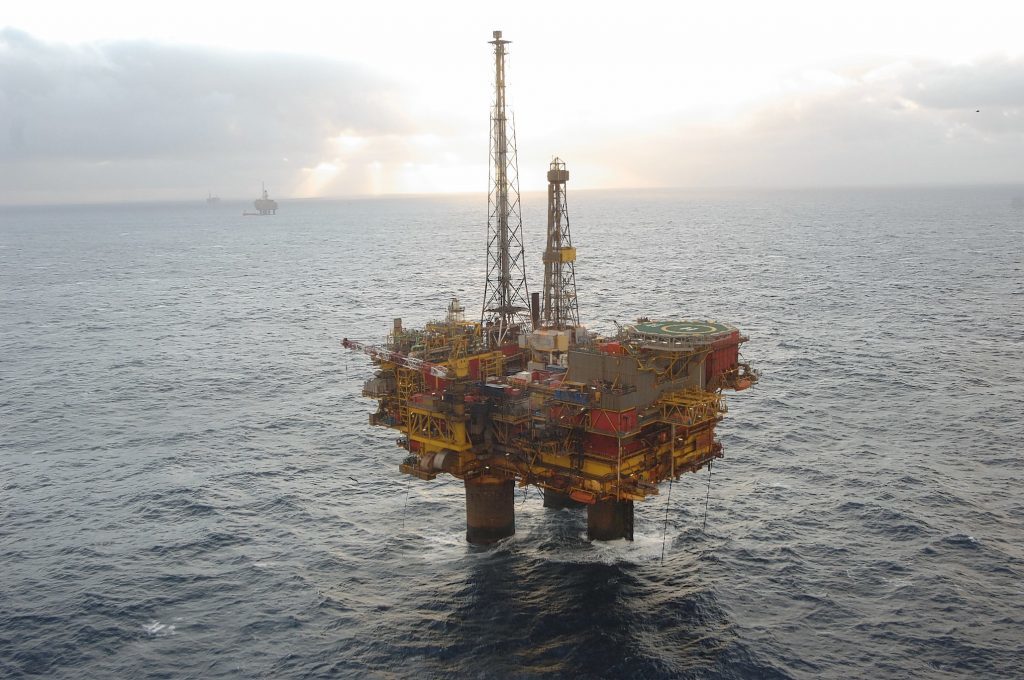
The negative reaction by Lang Banks of the WWF and other NGOs to Shell’s Brent decommissioning plans was entirely predictable.
WWF and Greenpeace have consistently said oil and gas companies should clean up after themselves, which seems like a perfectly reasonable position.
Clearing up redundant industry architecture and equipment has got to be the starting point for any societal, environmental and economic assessment.
Surely, only very special set of circumstances could support the argument for leaving the architecture in place. Those special circumstances present themselves in the case of offshore asset removal.
Assessments undertaken by oil companies are set within a spectrum of options − with full removal at one end and leave-in-place at the other − and must satisfy Ospar.
What these assessments omit is the role of the taxpayer, who will fund at least half of the costs.
Taxpayers should ask the UK Government to show us that the agreed decommissioning plan is the best solution for taxpayers from a societal, environmental and economic position.
That plan has to consider what else could be done with taxpayers’ money, for example, re-directing it to green energy.
So, once again, I am asking the UK Department for Business, Energy and Industrial Strategy (Beis) and the Oil and Gas Authority (OGA) to fund a study that would compare metrics for:
1. The base line − In other words, the current decommissioning plans.
2. The alternative – Plug and abandon the wells, make structures clean and safe and leave in place. Redirect the capital saved into green energy.
The sustainability assessment would define and compare the three recognised pillars – people, profit and planet.
For the base line, the information submitted by oil firms would be held by Beis and the OGA. This information would outline the cost of decommissioning to the operator and taxpayer, the jobs and other socio-economic impacts together with the environmental footprint.
For the alternative the same metrics would be evaluated.
I am convinced a new picture, a special set of circumstances, would favour the green energy option.
The green energy investment would generate substantially more jobs than decommissioning. Jobs in design, construction, operations and maintenance would be sustainable over the 25-year lifespan of the renewables station.
Instead of solely absorbing tax breaks, renewables would be generating profit and repaying the Treasury the associated taxes during their operating life.
The power generated would be of much more value to society than the disputed benefits of a clean seabed.
And, of course, there would also be a huge environmental positive from reducing carbon emissions that would be created by efforts to remove infrastructure.
Importantly the green energy route would offer the WWF, Greenpeace and others a much better option for the environment.
At the moment, all they see are oil companies relinquishing their obligations and saving money.
Finally, I took part in a recent BBC radio debate with Lang Banks of the WWF. I offered the green energy route and ringing in my ears is Lang’s comment, “Yes, Tom has a point”.
Tom Baxter is a senior lecturer in chemical engineering at Aberdeen University
Recommended for you
